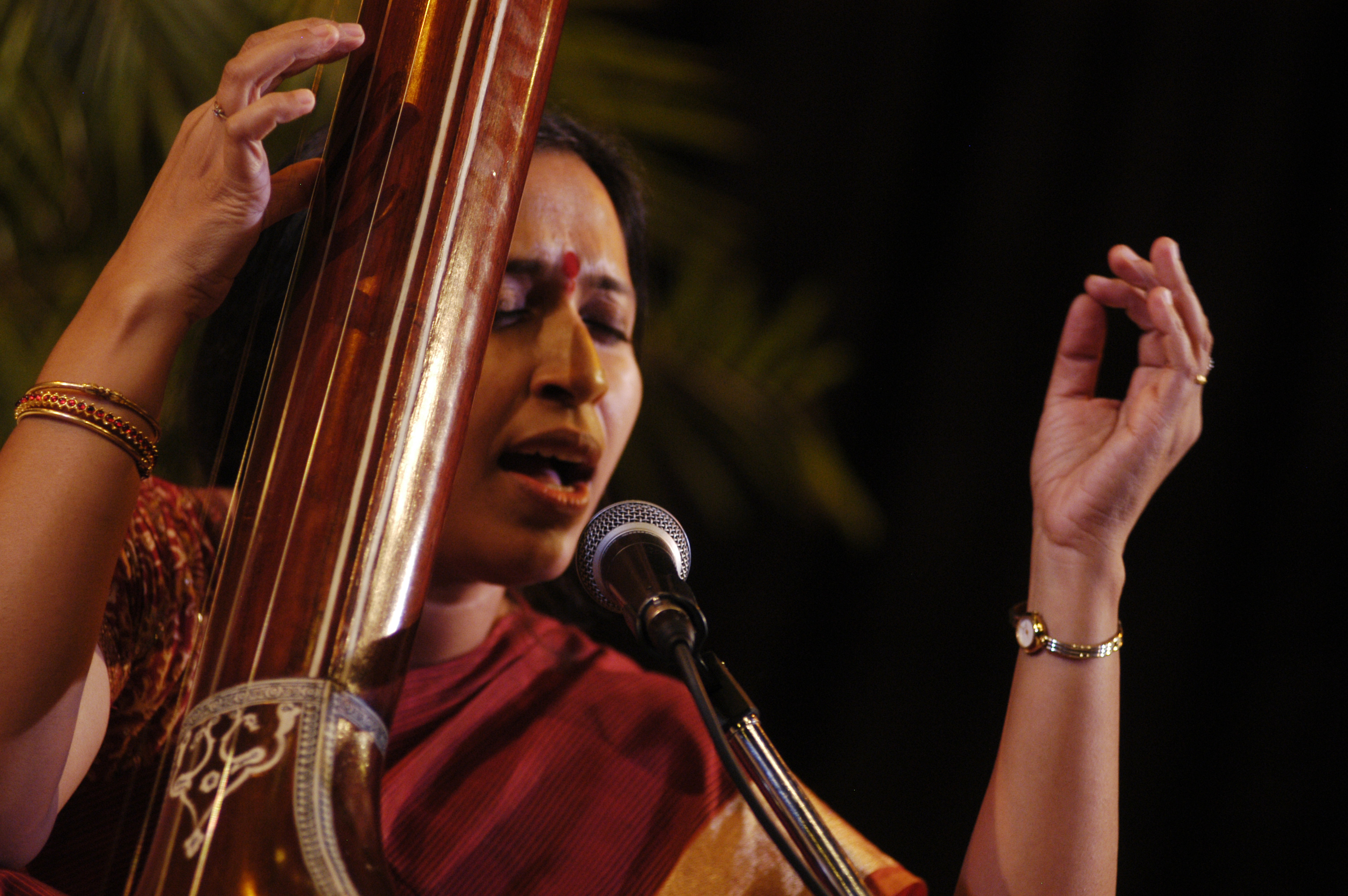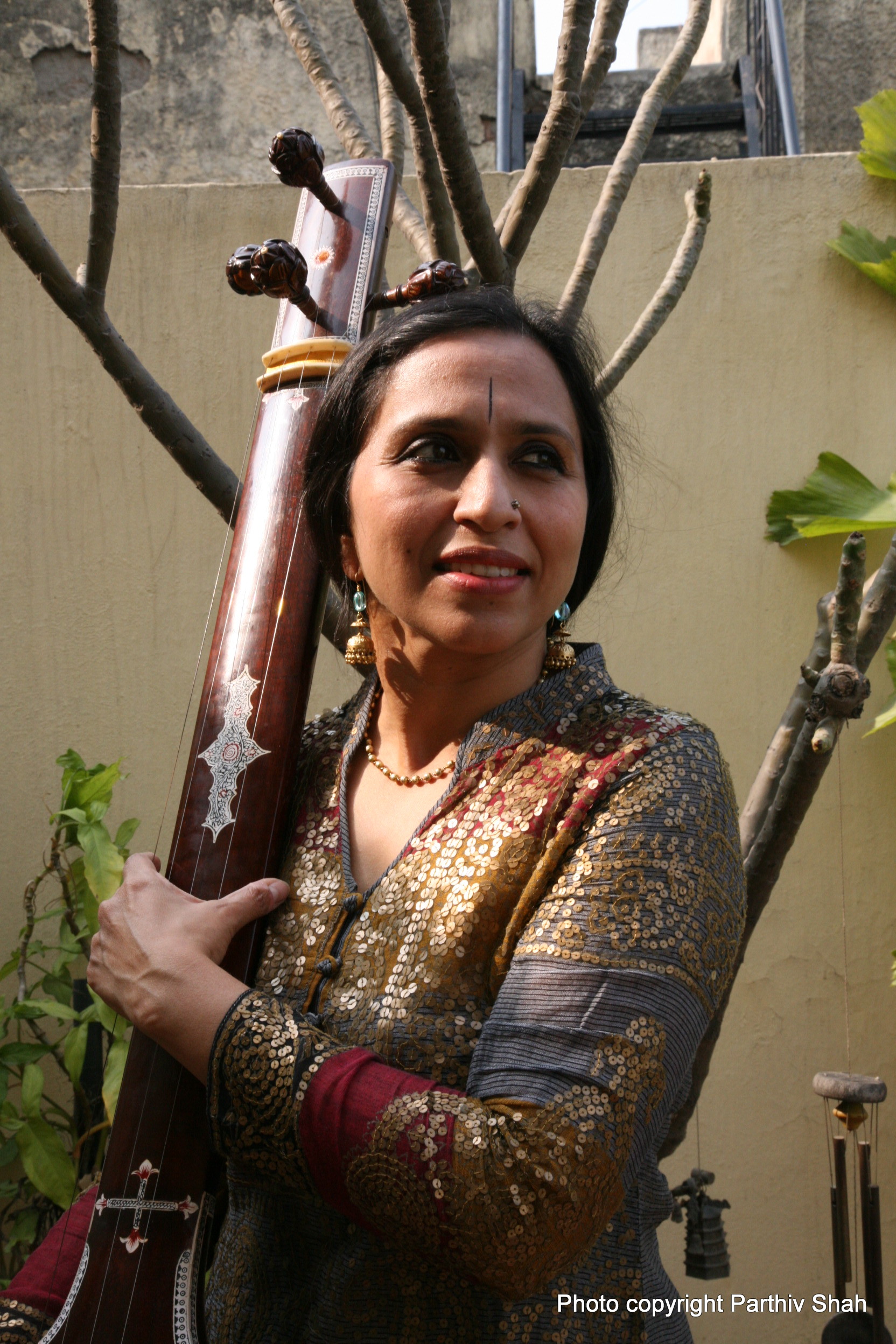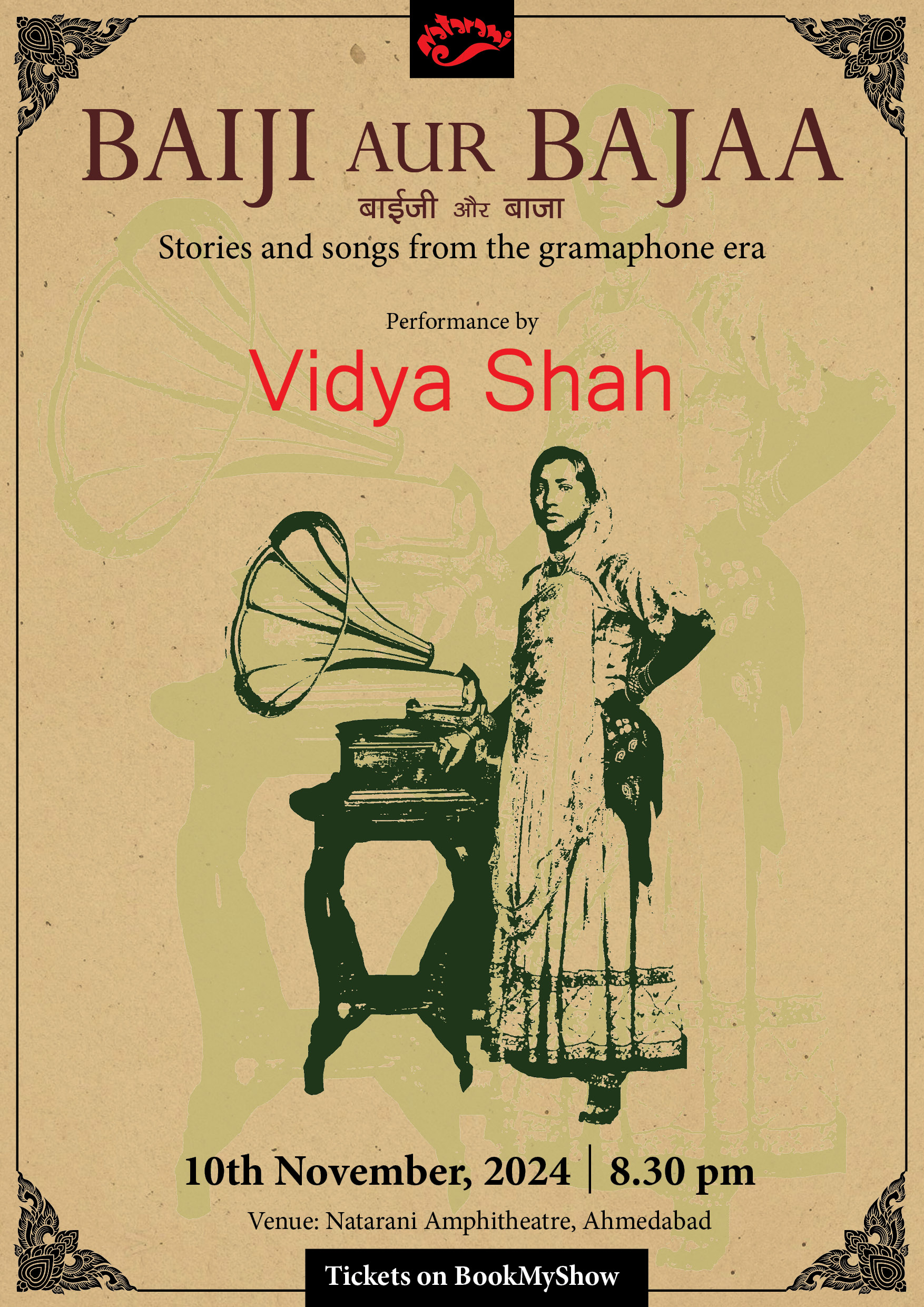Everyone takes music for granted now. With the smartphone, we can summon up any kind of music we want, from anywhere in the world. But as Vidya Shah reminds us, this was not always the case. “Till the early 1900s, access to music was limited and restricted to live performances,” she says. “It was only after the gramophone came to India 1902 that the Indian masses gained access to music. And the first recordings they heard were that of the baijis.”

Male singers of the era tended to be wary of gramophone recordings, leaving the field open to female singers who were earlier to be heard in the kothas. In Baiji aur Baaja, performed at Natarani Amphitheatre on Sunday, Shah, nee Subramanyam, sings the songs and tells the stories of some of the leading baijis of the era. Some names, like Begam Akhtar and Jauhar Jan, are well known. Then there are others, like Mumtaz Jan, Johrabai Agrewali, not so well known.
There is Jankibai Chhappan Chhuri, a not-so-beautiful tawaif who was famous for her insistence on performing from behind a curtain. There’s Miss Dulari, who was so popular among British officers of that era that her concerts were advertised in English newspapers. And there’s Rasoolanbai, who has a special connection with Ahmedabad’s Sarabhai family. She came to the city as a guest of Geeta Sarabhai, a music aficionado, who recorded Rasoolanbai’s songs as part of her Sangeet Kendra project.

Original recordings of the baiji’s songs on 78 rpm records still exist and Vidya Shah features one such recording as part of her concert. For the most part, she sings these old khayals and thumris herself, giving them a fresh lease of life. Vidya also sings some of Pop songs from that era that have no connection to classical music. “I improvise depending on where I’m performing,” she says. “When we did the show in Bangladesh, we included songs from the Bengal baijis, which were once performed in Kolkata’s baris.”
One of the best sequences in the show has Vidya singing Jankibai’s thumri Raseeli Teri Akhiyan while photographs of numerous baijis flit across the screen behind her. This moving sequence has been created by her husband Parthiv Shah, a graduate of NID Ahmedabad, and it beautifully evokes that era. “The tawaifs of that time were not all the same. Some only sang, some danced, some did other things as well. The gramophone made some of them stars. Then came playback singing in films, which made them bigger stars.”

Vidya Shah is both a singer and a scholar (she has authored a book named Jalsa: an alternative history of Entertainment in India), and Baiji aur Baaja is a multimedia masterclass where she wears both hats. Originally called Women on Record, the show has only recently been rebranded Baiji aur Baaja to give it more mass appeal. It was performed for the first time under its new name at Natarani.
Natarani has a full schedule this week, with two concerts by the Symphony Orchestra of India on November 15 and 16. On Sunday, November 17, Natarani will feature comedian Anu Menon (of Lola Kutty fame).













